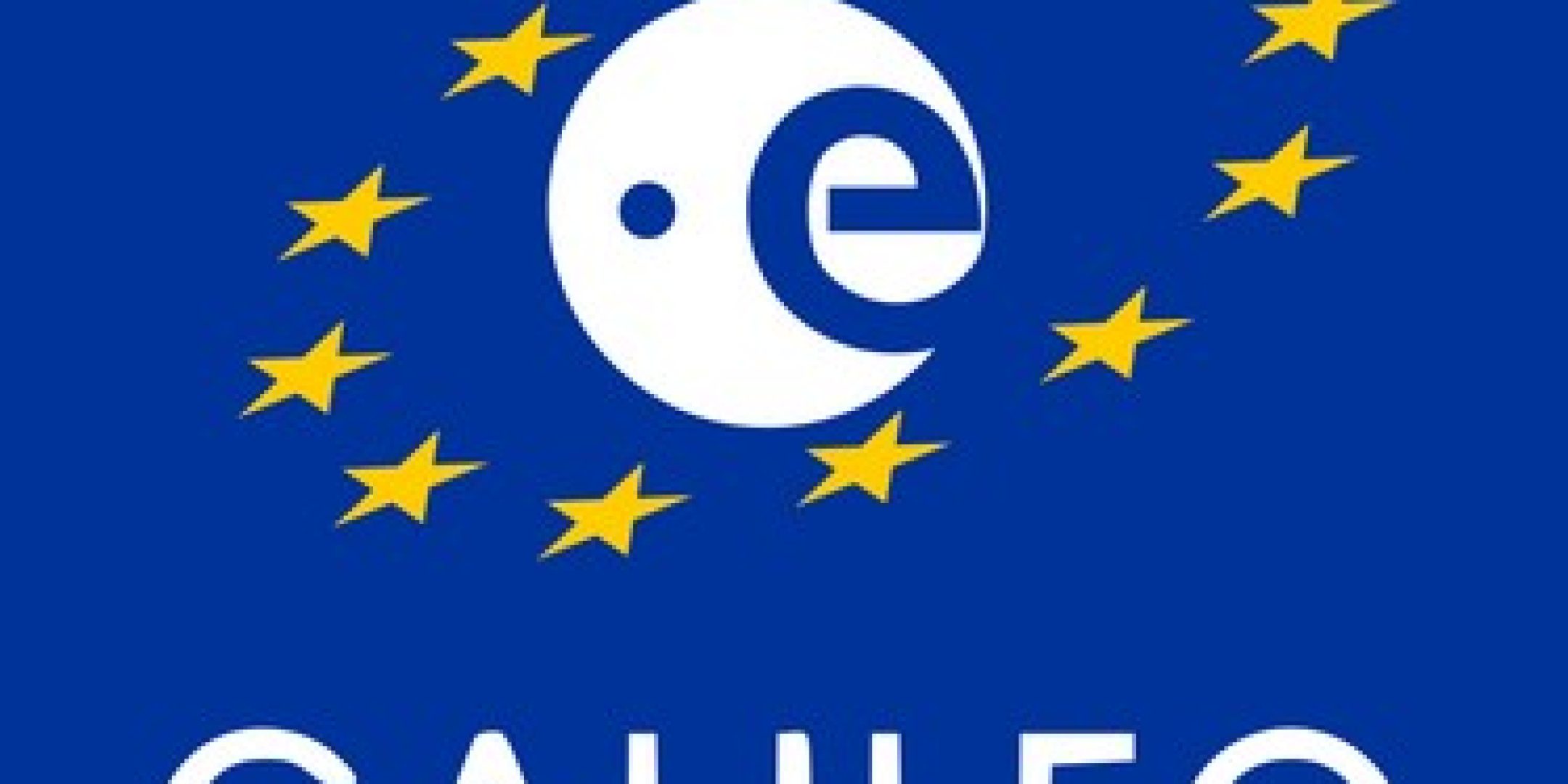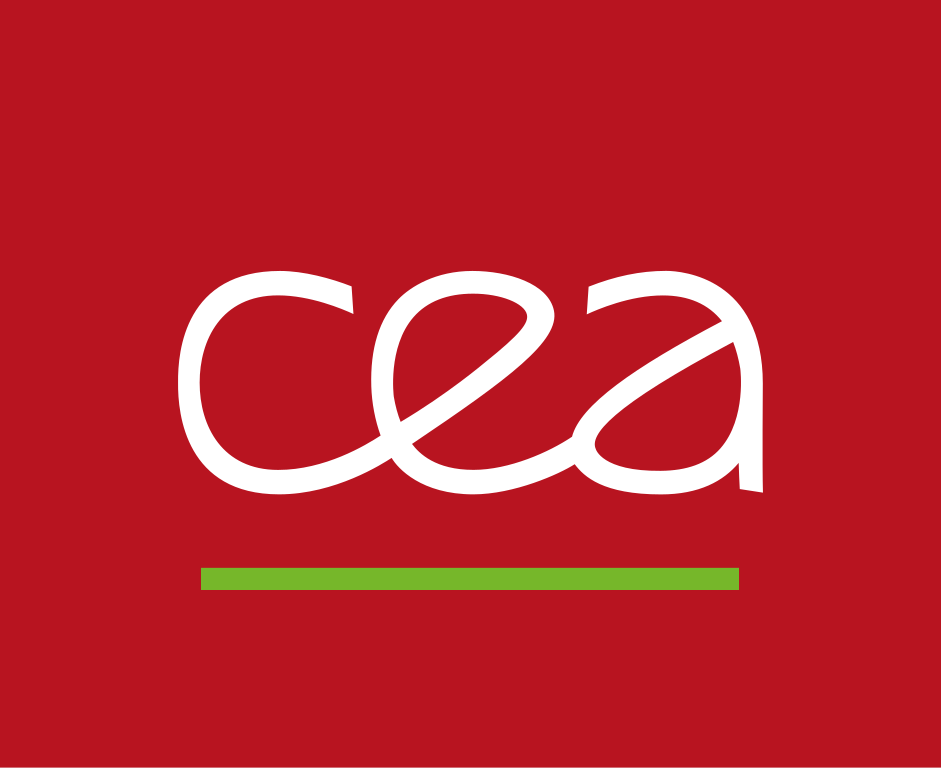Thursday 17 December, the Soyuz launcher accomplished its 13th successful flight from the Guiana Space Centre, Europe’s spaceport in Kourou, orbiting two new satellites for the Galileo satellite navigation program on behalf of the European Space Agency (ESA).
The two new Galileo satellites, the eleventh and twelfth in the constellation following the previous two launched in September. Ultimately, Galileo is set to give Europe an extremely precise, reliable and secure satellite navigation system. Placed in a circular inclined orbit at an altitude of 23,222 kilometers, the two satellites—each weighing 717 kilograms—will deliver signals compatible and interoperable with existing satellite navigation systems, but one of Galileo’s key advantages is that it offers near-metric precision, and that is before signals are further refined by additional processing.
After this launch, the 14 satellites still to be deployed will be orbited by a further Soyuz flight from the CSG, carrying two satellites, and three Ariane 5 flights, each carrying four satellites.
On the occasion of this launch, Jean-Yves Le Gall, https://fscience-old.originis.fr/wp-content/uploads/2023/06/GLOC_Oslo_Norway_S2_27juillet2022_web-2-1.jpg President, ESA Co-Chair and interministerial coordinator for European satellite navigation programs, commented: “It is always a great pleasure to watch a Soyuz launcher lift off from the Guiana Space Centre and to see two new Galileo satellites in orbit. […] I would like to congratulate all of the partner teams working on this fundamental program for Europe’s space policy […] This latest success marks another key milestone for spacefaring Europe, since the Galileo system will guarantee a precision unequalled by any other satellite navigation system.”

